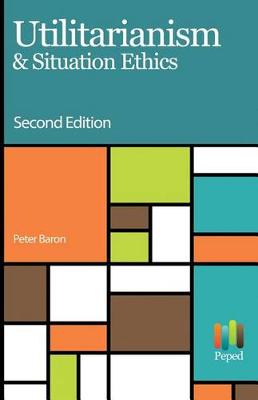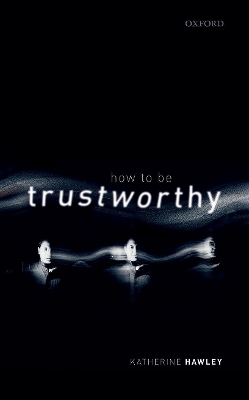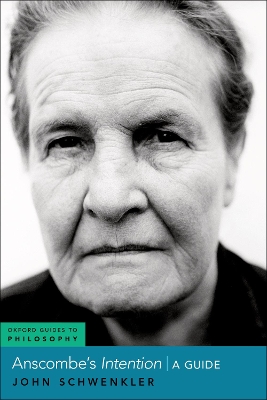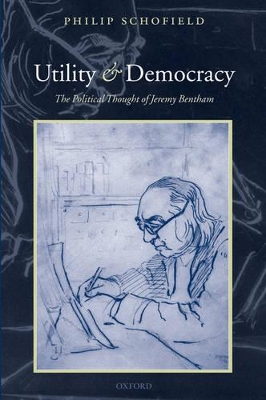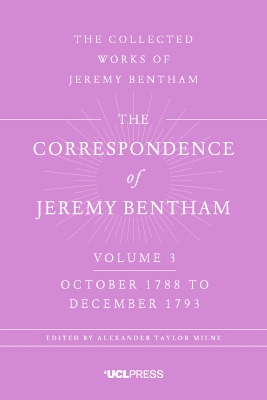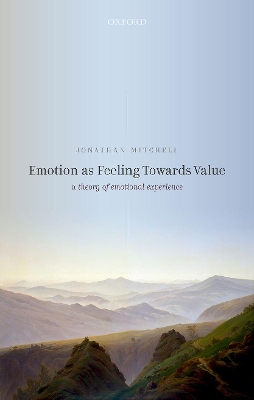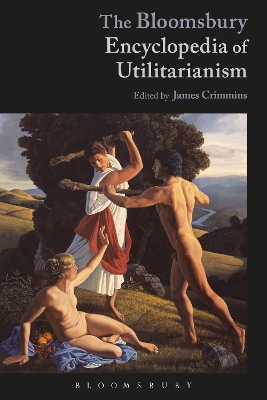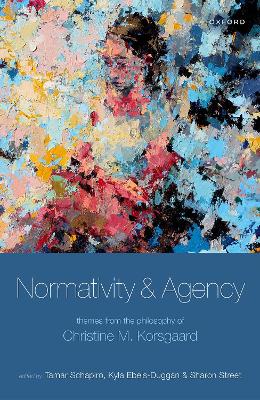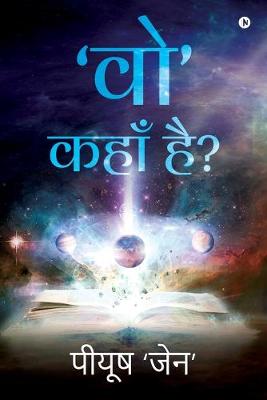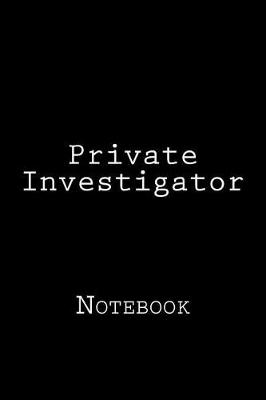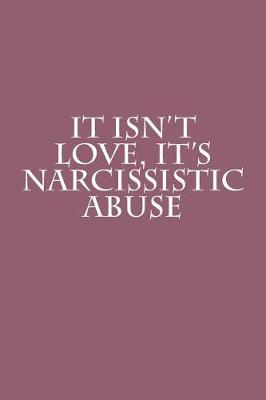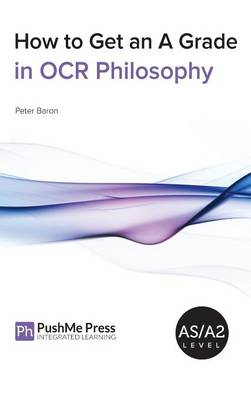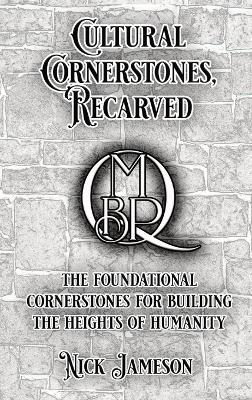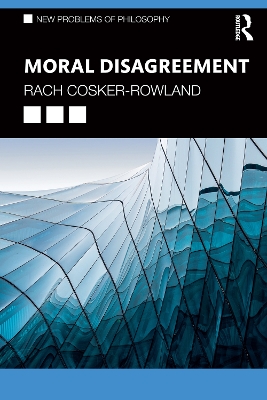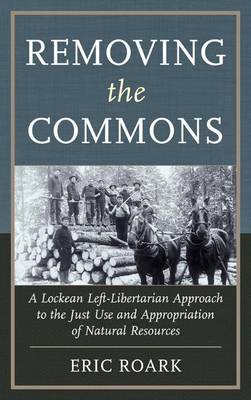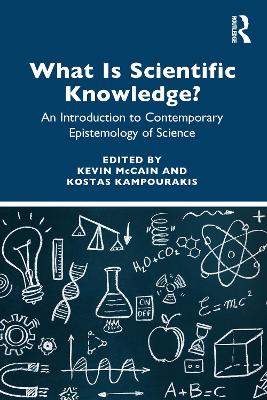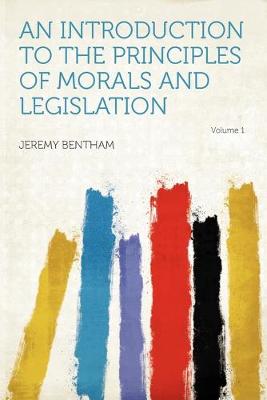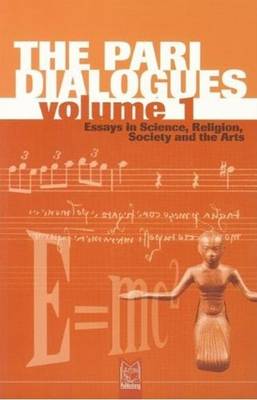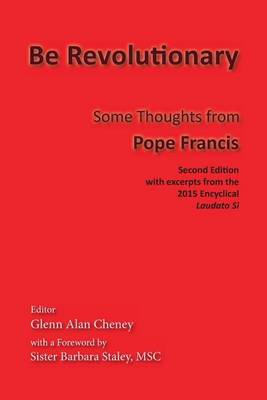Utilitarianism & Situation Ethics (Ethics Study Guides) (Ethics Coursebook)
by Peter Baron
We become untrustworthy when we break our promises, miss our deadlines, or offer up unreliable information. If we aim to be a trustworthy person, we need to act in line with our existing commitments and we must also take care not to bite off more than we can chew when new opportunities come along. But often it is not clear what we will be able to manage, what obstacles may prevent us from keeping our promises, or what changes may make our information unreliable. In the face of such uncertainties...
Written against the background of her controversial opposition to the University of Oxford's awarding of an honorary degree to Harry S. Truman, Elizabeth Anscombe's Intention laid the groundwork she thought necessary for a proper ethical evaluation of actions like the bombing of Hiroshima and Nagasaki. The devoutly Catholic Anscombe thought that these actions made Truman a murderer, and thus unworthy of the university's honor-but that this verdict depended on an understanding of intentional acti...
This book is the first comprehensive historical account of the political thought of Jeremy Bentham (1748-1832), the philosopher and reformer. Professor Schofield draws on his extensive knowledge of Bentham's unpublished manuscripts and original printed texts, and on the new, authoritative edition of The Collected Works of Jeremy Bentham. A compelling narrative charts the way in which Bentham applied his utilitarian philosophy to the rapidly changing circumstances of his age. Professor Schofield...
Much of what we take to be meaningful and significant in life is inextricably linked with our capacity to experience emotions. Here, Jonathan Mitchell considers emotional experiences as sui generis states; not to be modelled after other mental states such as perceptions, judgements, or bodily feelings, but given their own analysis and place within our mental economy. More specifically, he proposes an original view of emotional experiences as feelings-towards-values. Central to this view is the...
The Bloomsbury Encyclopedia of Utilitarianism
Jeremy Bentham coined the term 'utilitarian' in 1781, but the idea of 'utility' as a value, goal or principle in political, moral or economic life has a long and rich history. The Bloomsbury Encyclopedia of Utilitarianism captures the complex developmental history and the multi-faceted character of utilitarianism in its various contexts and forms more completely than any previous source. Studies of utilitarianism hitherto have been notably compartmentalised, focusing on utilitarian ethics, or th...
Normativity and Agency
Christine M. Korsgaard has had a profound influence on moral philosophy over the past forty years. Through her writing and teaching she has developed a distinctive, rigorous, and historically informed way of thinking about ethics, agency, and the normative dimension of human life more generally. The twelve original essays in this volume are written in her honor on the occasion of her retirement from teaching. They engage questions that recur in her work: Why are we obligated to do what morality...
Widespread moral disagreement raises ethical, epistemological, political, and metaethical questions. Is the best explanation of our widespread moral disagreements that there are no objective moral facts and that moral relativism is correct? Or should we think that just as there is widespread disagreement about whether we have free will but there is still an objective fact about whether we have it, similarly, moral disagreement has no bearing on whether morality is objective? More practically, is...
Utilitarianism (Barnes & Noble Digital Library) (Barnes & Noble Digital Library)
by John Stuart Mill
Removing the Commons examines the moral condition in which people can remove--through either use or appropriation--natural resources from the commons. This task begins with a robust defense of the view that natural resources initially belong to all people. Granting that natural resources initially belong to all people, it follows that all people have a claim that limits the way in which others may go about taking or removing natural resources from the commons. In assessing these limitations, Eri...
What is Scientific Knowledge?
What Is Scientific Knowledge? is a much-needed collection of introductory-level chapters on the epistemology of science. Renowned historians, philosophers, science educators, and cognitive scientists have authored 19 original contributions specifically for this volume. The chapters, accessible for students in both philosophy and the sciences, serve as helpful introductions to the primary debates surrounding scientific knowledge. First-year undergraduates can readily understand the variety of dis...
"The Pari Dialogues" are the first in an annual series of essays contributed by experts in their fields who are known for the breadth and depth of their knowledge. The main focus of this first volume is on the dialogue between religion and science with essays by the former director of the Vatican Observatory who asks what should be the proper boundaries between religion and science and what can religion and science each say about creation? Other essays deal with the role of belief in the lives o...
